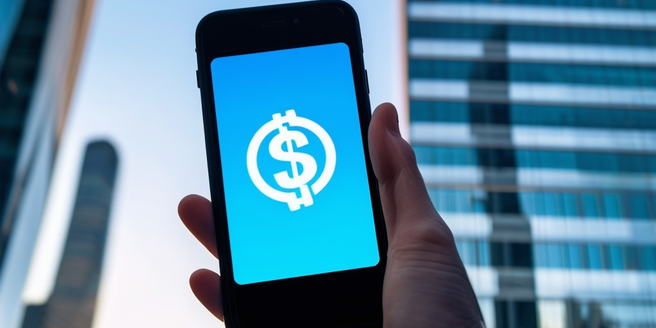
Understanding the Importance of Budget Apps with Debt Tracking
Budget apps with debt tracking capabilities serve as powerful tools for individuals striving to maintain financial health. By consolidating income, expenses, and debts in one accessible platform, users can gain a comprehensive understanding of their financial situation. These apps provide real-time insights into spending patterns, helping users identify areas where they can cut back and allocate funds more efficiently. Debt tracking features specifically assist users in managing various liabilities, such as credit card debt or student loans, by organizing repayment schedules and breaking down interest rates. As financial stress increasingly impacts mental health, the importance of utilizing a budget app cannot be overstated. By empowering users to exert control over their finances, these apps foster a proactive approach to meeting financial goals, ultimately promoting peace of mind alongside improved fiscal responsibility.
Key Features to Look for in Budget and Debt Tracking Apps
When selecting a budget app with debt tracking capabilities, it’s crucial to identify key features that align with your financial goals. Look for apps that offer comprehensive budget plans, allowing you to set spending limits and monitor categories in real-time. An intuitive user interface is essential for seamless navigation and effective use. Furthermore, robust debt tracking features should encompass automated reminders for payments, detailed breakdowns of interest rates, and tools to prioritize debts based on urgency or interest. An added benefit is the ability to sync with bank accounts and credit cards, facilitating automatic transaction updates. Finally, prioritize apps that offer strong data security measures to protect your financial information. By focusing on these features, you can select a budgeting app that not only meets your immediate needs but also supports long-term financial stability.
Top Budget Apps with Robust Debt Management Tools
In the evolving landscape of digital finance, several budget apps have emerged as leaders in debt management. Apps like Mint, You Need a Budget (YNAB), and Personal Capital stand out for their comprehensive tracking and intuitive interfaces. Mint, for instance, provides users with real-time updates on spending and debt, alongside personalized insights to improve financial habits. YNAB focuses on proactive budgeting methods, encouraging users to allocate every dollar toward a specific purpose, thereby addressing debts systematically. Personal Capital combines investment tracking with budgeting tools, offering a holistic approach to financial management. Each app integrates seamlessly with bank accounts and credit cards, ensuring that users have up-to-the-minute data. By choosing an app renowned for its debt management capabilities, individuals can effectively steer towards a more secure financial future.
Benefits of Using Budget Apps for Managing Debt Effectively
Using budget apps for debt management offers significant benefits that extend beyond simple tracking. These apps centralize financial information, providing a single view of income, expenses, and pending payments, which is crucial for informed decision-making. By setting automated alerts and reminders, users can ensure timely payments and avoid late fees, thus improving credit scores over time. Furthermore, by offering insights into spending behavior, budget apps help users identify unnecessary expenditures, enabling them to allocate more resources towards debt reduction. With the ability to simulate and compare different repayment strategies, these apps empower users to choose the most effective path toward financial freedom. The structured approach offered by budget apps helps cultivate disciplined financial habits, which are essential for long-term stability and peace of mind.
How to Choose the Right Budget App for Your Financial Needs
Selecting the right budget app to manage your finances involves careful consideration of your unique financial needs and goals. Start by determining what features are essential for you, such as real-time updates, debt tracking, or investment monitoring. Consider the app’s user interface and whether it is intuitive enough for regular use. Evaluate the ability to sync with various financial institutions for seamless transaction updates. Data security should be a top priority, ensuring that your financial information is well-protected. Additionally, explore whether the app offers educational resources or customer support to assist with any questions that arise. Compatibility with your smartphone or computer’s operating systems is also crucial for accessibility. By evaluating these factors, you can find a budget app that effectively supports your financial journey, helping you to maintain control over your economic well-being.
